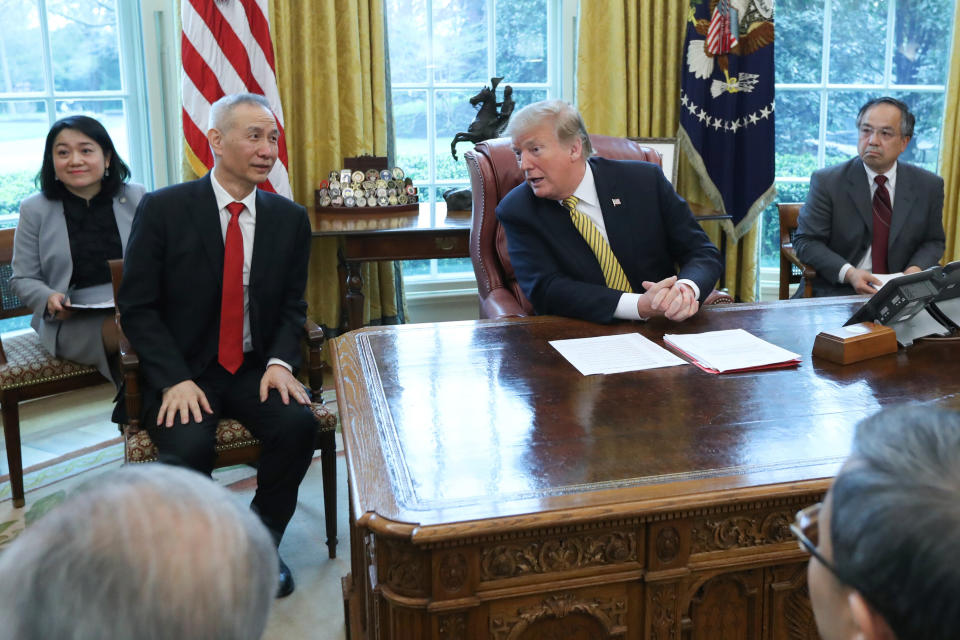U.S. is entirely responsible for the 'severe setback' in trade deal: China
China is eager to tell its own side of the story on why the year-long trade negotiations with the U.S. ended without any deal in sight, after the U.S. accused it of reneging on its promises.
Beijing published a 23-page white paper in eight languages detailing its position on the trade talks on Sunday, and it boils down to one statement — “the US government should bear the sole and entire responsibility for this severe setback to the China-US economic and trade consultations.” The white paper also highlights the dealbreakers for the Chinese side in a potential trade deal.
‘Nothing is agreed until everything is agreed on’

President Donald Trump has accused China of walking back on its own promises during the last minute of trade talks. The Chinese side, while acknowledging it had proposed changes on the deals, called it a “common practice” during ongoing negotiations.
“It is reckless to accuse China of ‘backtracking’ while the talks are still underway,” the white paper said, “Historic opportunities will be missed.”
“Nothing is agreed until everything is agreed on,” said Wang Shouwen, China’s vice minister of commerce, when asked about changes on trade proposals on Sunday.
The white paper also reveals the few sticking points that Washington and Beijing couldn’t agree on. Trump said he will leave the additional tariffs on China “for a substantial period of time” because he wants to make sure “China lives by the deal.”
But the Chinese side sees it as a prerequisite for a trade deal that the U.S. removes all additional tariffs imposed on Chinese exports. The tariffs, which now cover $250 billion worth of Chinese products, has an adverse impact on China’s economy. Also, Beijing knows it would be hard to communicate the deal to its people and claim a win when the additional tariffs are still in place.
U.S. need to be ‘realistic’
China asked the U.S. to be “realistic” on Chinese purchases, but the U.S. has a rather ambitious goal to aggressively reduce trade deficits between the two countries. China has offered to purchase up to $1.2 trillion in U.S. energy, agriculture and aircraft products over a period of six years at the G20 meeting in November 2018 and offered a bit more on the negotiation table this year, but there is still a gap from what the U.S. wants.
The toughest topic among all is probably that the U.S. wants more systematic changes in China’s laws to enforce a trade deal, which is seen as crossing “red lines” by the Chinese. In the white paper, China reiterated that it will stick with its principles despite the pressure. It asks the U.S. to respect its sovereignty and dignity, and its unique development path and basic institutions. China has developed its own socialism with Chinese characteristic, which is widely considered “state capitalism” by the West given the state’s powerful hand in the economy.
“China will not bow under pressure and will rise to any challenge coming its way. China is open to negotiation, but will also fight to the end if needed,” the white paper said.
Krystal covers tech and China for Yahoo Finance. Write to Krystal via krystalh@yahoofinance.com or follow her on Twitter.
Follow Yahoo Finance on Twitter, Facebook, Instagram, Flipboard, SmartNews, LinkedIn, YouTube, and reddit.

 Yahoo Finance
Yahoo Finance 
